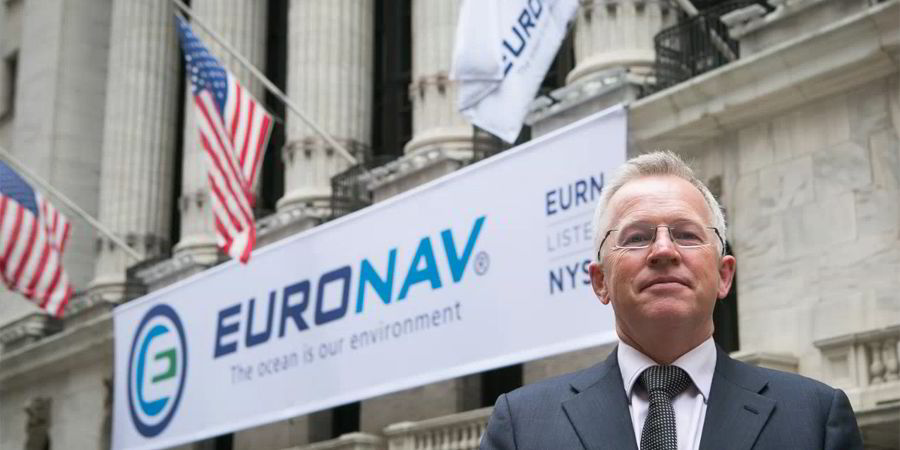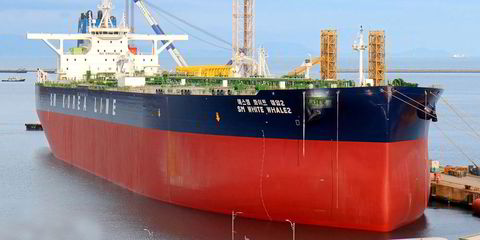Euronav believes the crude tanker market should follow the lead of the gas and chemicals sectors and introduce a single inspectorate.
The New York-listed owner made the call amid the belief strong demand dynamics over the next three to five years will result in the crude spot market being supply driven.
Euronav’s annual report said greater clarity over the number of vessels available would strengthen the hand of owners at a time when the global crude fleet is smaller than it appears.
The company argued the various vetting and approvals required by tanker owners means that nobody had an accurate list of the “workable fleet”.
As a result, if there are 11 cargoes and 10 tankers in the market, the oversupply only becomes visible at the time of the last fixture.
“So the least favored ship may be faced with the best market conditions, one ship and two customers with no choice,” Euronav said.
“The volatility of the freight market, because it is a commodity market, means that the lost efficiency, due to unfavored approval status, can be easily compensated by the surge pricing caused by the ‘last in the shop’ position.
“It is an unintended consequence but very real.”
It continued: “If the status of tankers, as approved, could be publicized, it would identify and should stabilize the world’s workable fleet, reduce supply, increasing freight but guaranteeing by funding, full and thorough compliance thus improving quality assurance and performance.
“Rather like the mice wanting to put a bell around the neck of the cat, the industry can see it is a good idea but cannot see how it can be done.”
Euronav notes the present regime has succeeded in reducing oil spills but argues the single inspectorate employed in the chemical and gas markets would be preferable.
“The inspectorate would be answerable in terms of its remit to the members but have separate liability independent from them,” the report said.
“This would allow the inspection results to be more widely available and consequently minimize uncertainty and disruption in the market place.”




